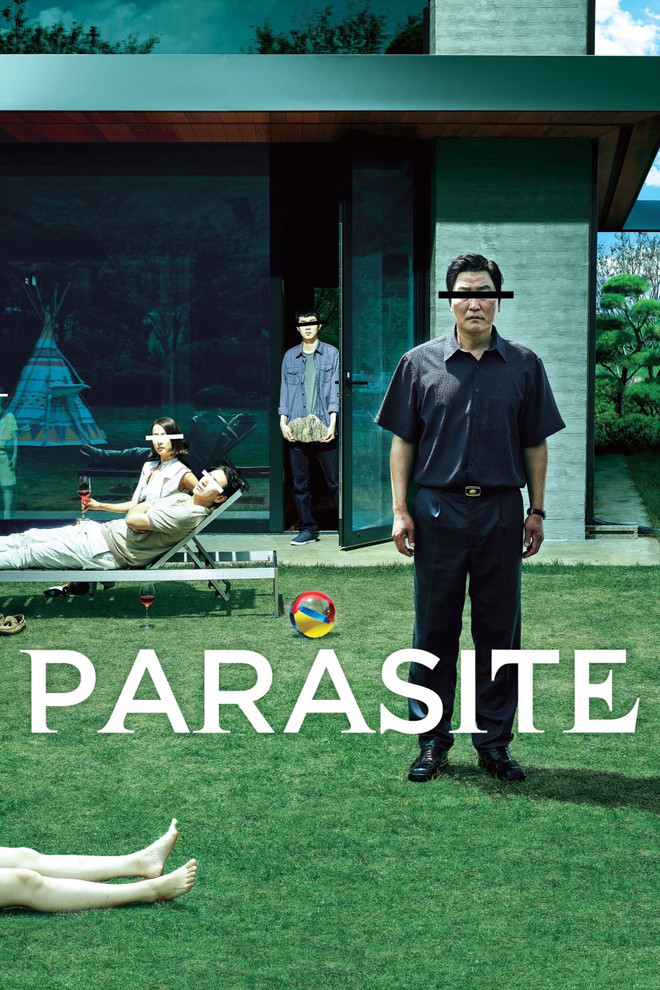
Before Korea became a global sensation with the phenomenon of "Parasite," before the Hallyu wave reached the world , the people of this country had a negative view of their film industry.
This is the sharing from the leaders of the Busan International Film Festival - a world-famous film festival - at the seminar "Korean Cinema - Lessons from international success and experience in developing the film industry" within the framework of the Da Nang Asian Film Festival (DANAFF) in 2025.
Dark period
Korean cinema was born in the early 1900s. The country's film industry flourished in the 1950s and 1960s before falling into decline in the 1970s and 1980s when film production decreased.
As the founder of the Busan Film Festival, 40 years ago, former Chairman Kim Dong Ho felt unfamiliar with the country's cinema.
He used to think of Korean cinema as “inferior and irrelevant to him.” His friends in the film lovers club often discussed stories like why Korea doesn’t have a film festival, why don’t we have good films, why don’t we have a support system, why don’t we have a film museum, nothing?
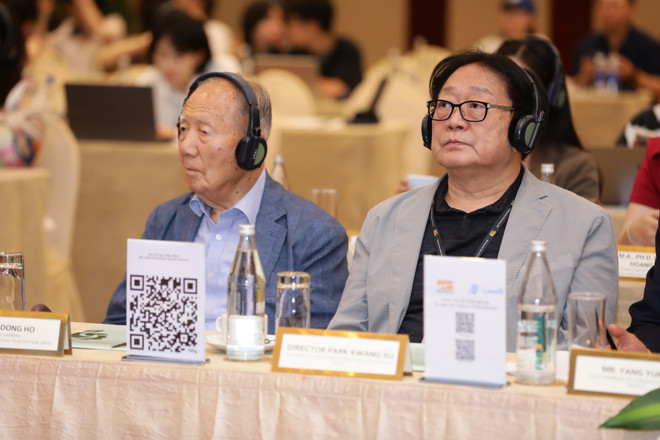
“For us, the Korean film industry at that time was so outdated, unreasonable, and of such low quality that we thought it was not a place for us to work,” Kim Dong Ho recalled.
Park Kwang Su, the current president of the Busan Film Festival and Kim's friend from the university club, had a similar experience when he entered cinema in the 1980s.
At this time, there were no more than 20 film companies licensed to make films in Korea, a sharp decline compared to two decades ago. At that time, he heard many people call Korean cinema “a terrible, devil’s den” because almost no one wanted to step foot in it.
The year 1986 marked a turning point for Korean cinema. The revised Cinema Law helped expand without limits, leading to an increase in the number of films. The new wave of Korean cinema was born with notable works in the country such as Lee Jang Ho, Park Kwang Su, Im Kwon Taek - who were later considered giants and laid the foundation for Korean cinema before exploding in fame.
1996 was the year this country abolished film censorship, only age ratings. Many names such as Kim Ki Duk, Lee Chang Dong, Hong Sang Soo or Park Chan Wook began to reach out to the world, being recognized by major film festivals such as Cannes, Berlin, Venice.
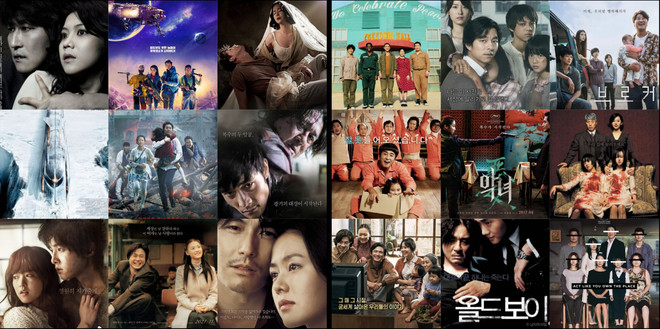
After this milestone, Korea continued to bring films, music and cultural products to the international market in the 2000s and from 2010 until now.
Dr. Ngo Phuong Lan - President of the Vietnam Cinema Promotion and Development Association, recalled that it was the Hallyu wave that sparked the attraction of Korean cinema in the world and in Vietnam. "What I am most impressed with is that you can tell everyday stories about the Korean people through the kind of cinema that filmmakers around the world love and respect," she said.
What lessons for Vietnam?
The success of Korean cinema cannot be achieved without government support. Dr. Park Hee Song, a policy researcher at the Korean Film Council (KOFIC), said that the government has provided a lot of support.
The council has been restructured, with 9 key members to help filmmakers. The council's human resources are young people with new thinking.
Ms. Park also emphasized that KOFIC only supports and does not interfere with the content or creative process, but instead enhances communication with filmmakers.

KOFIC also helps bring together agencies and find ways to use budgets to support filmmakers. Bong Joon Ho’s “Mother” received funding for its entry into the Cannes Film Festival and some other funding when it entered the Oscars in 2009.
Reaching for the future but not forgetting the past. Korea also implements many policies to bring classic films to domestic and foreign audiences.
Mr. Kim Hong Joon - Director of the Korean Film Archive (KOFA) said that the institute's job is to archive and promote many classic films produced before 2000, mainly celluloid films.
The institute is responsible for digitally restoring films to be ready for screening at film festivals and theaters, serving the international promotion of films. The agency is also responsible for distributing films to schools and cultural institutes through DVD and Blu-ray discs. In addition, KOFA also distributes some copyrighted films and shows copyrighted classic films on YouTube “ Korean Classic Film.”
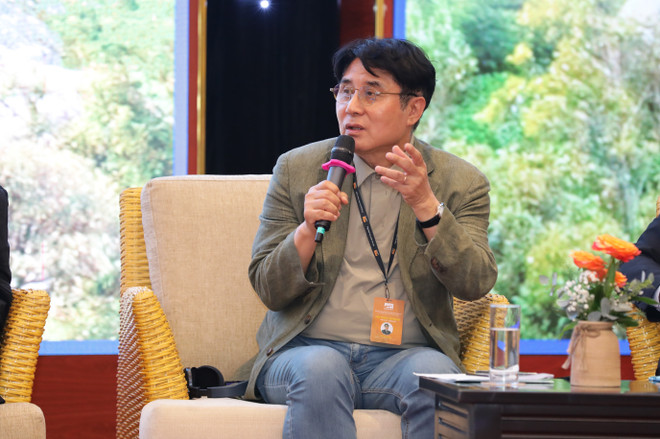
Ms. Ngo Thi Bich Hanh - Senior Manager at BHD affirmed that besides the support of the state, there is no lack of film talent. "I think, people are the most important factor. Like Korea - they know how to combine traditional culture with modern film industry, and that is what has helped Korean cinema succeed globally."
Experts say that Vietnam's increasing box office revenue is a good sign, but it is necessary to seize the opportunity to develop. One way is to rely on Korean cinema to cooperate in making films, instead of just "remaking" (buying scripts to remake films) as before.
This is also a blooming trend in 2025 when there are many Korean-Vietnamese collaborative works, in which Vietnamese people increasingly play more roles in the production of films.../.
Source: https://www.vietnamplus.vn/dien-anh-han-quoc-tu-khoi-dau-tu-ti-den-cam-hung-phat-trien-cho-viet-nam-post1047458.vnp




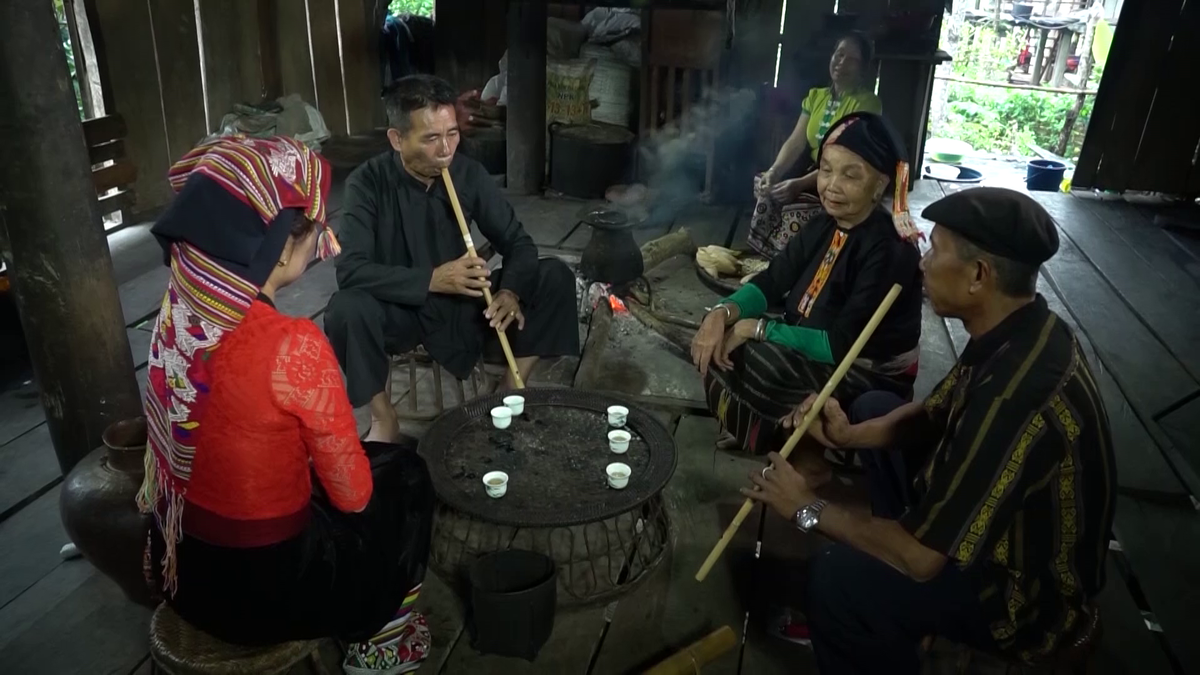



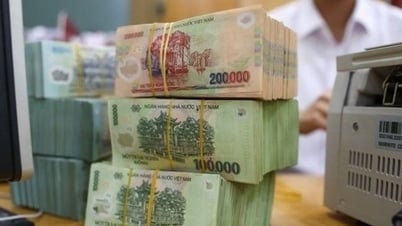












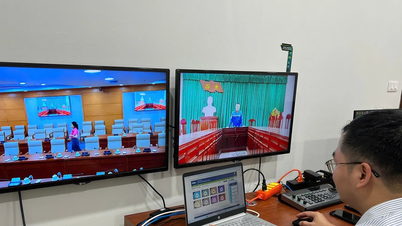

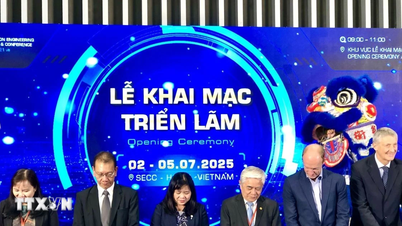
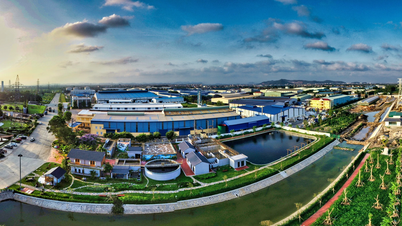
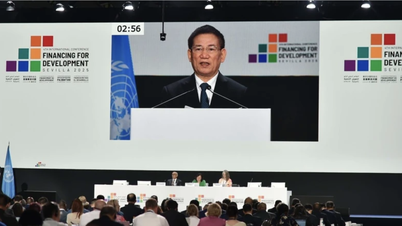

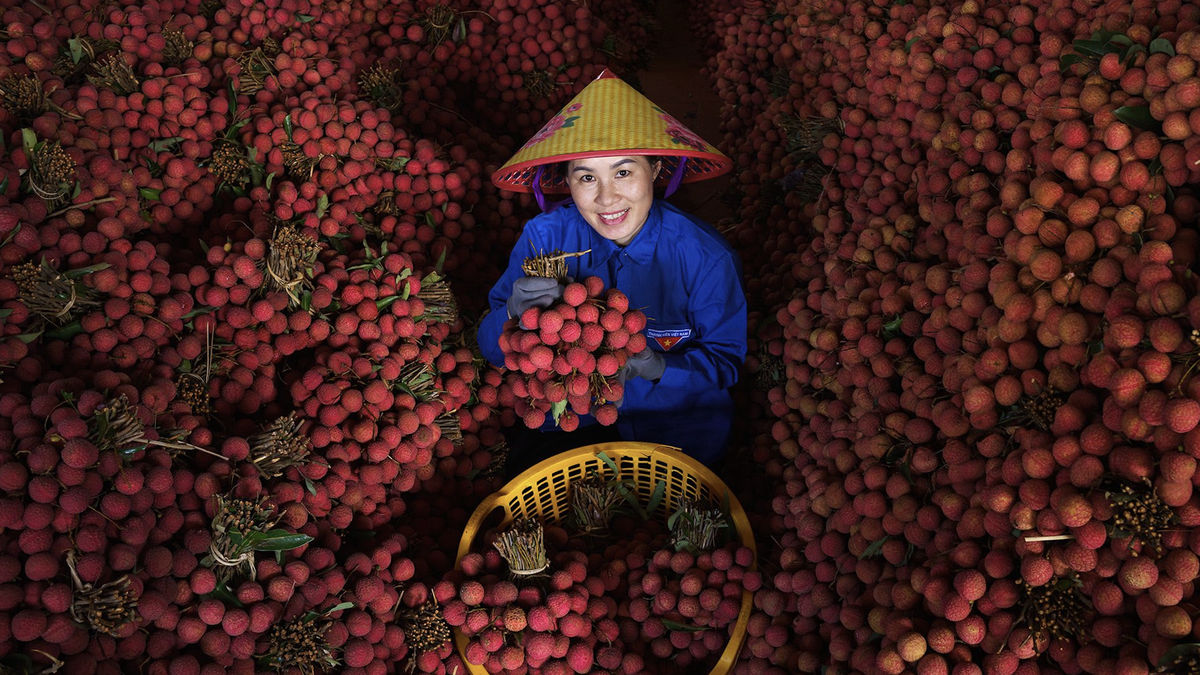
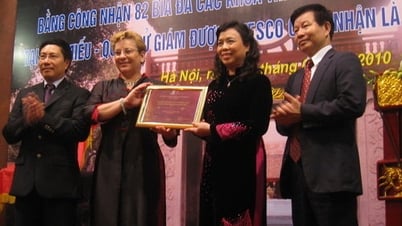

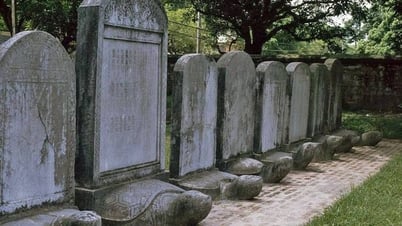

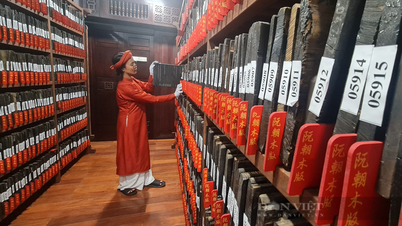





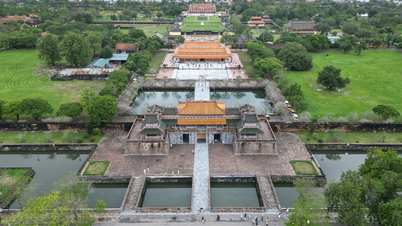

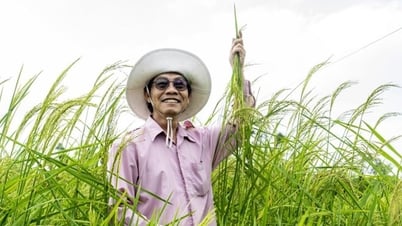



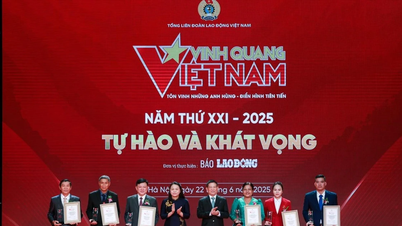

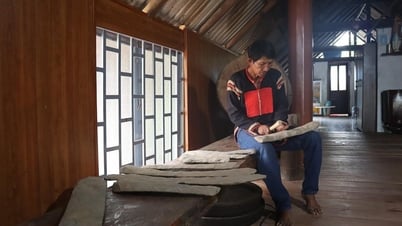

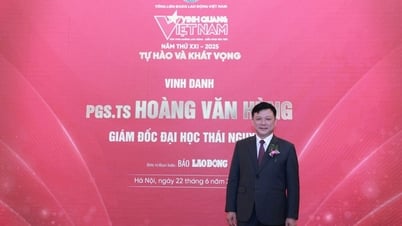



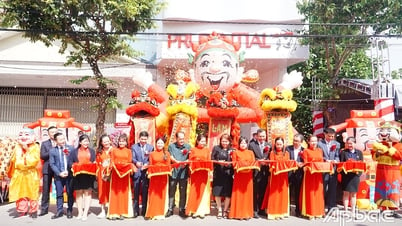


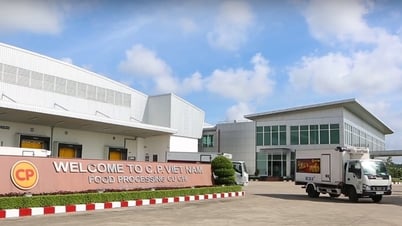





![[Photo] General Secretary To Lam attends the launch of 3 digital platforms serving the implementation of Resolution No. 57-NQ/TW](https://vphoto.vietnam.vn/thumb/402x226/vietnam/resource/IMAGE/2025/7/2/d7fb7a42b2c74ffbb1da1124c24d41d3)




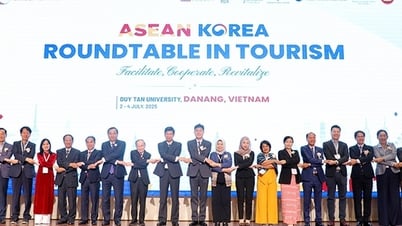

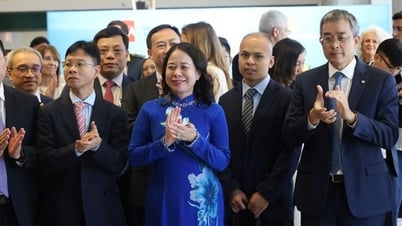


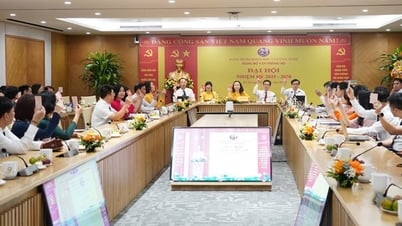




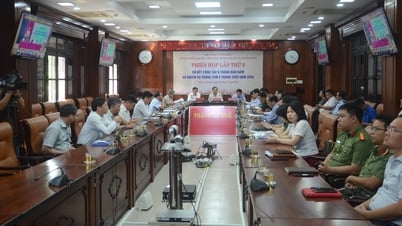















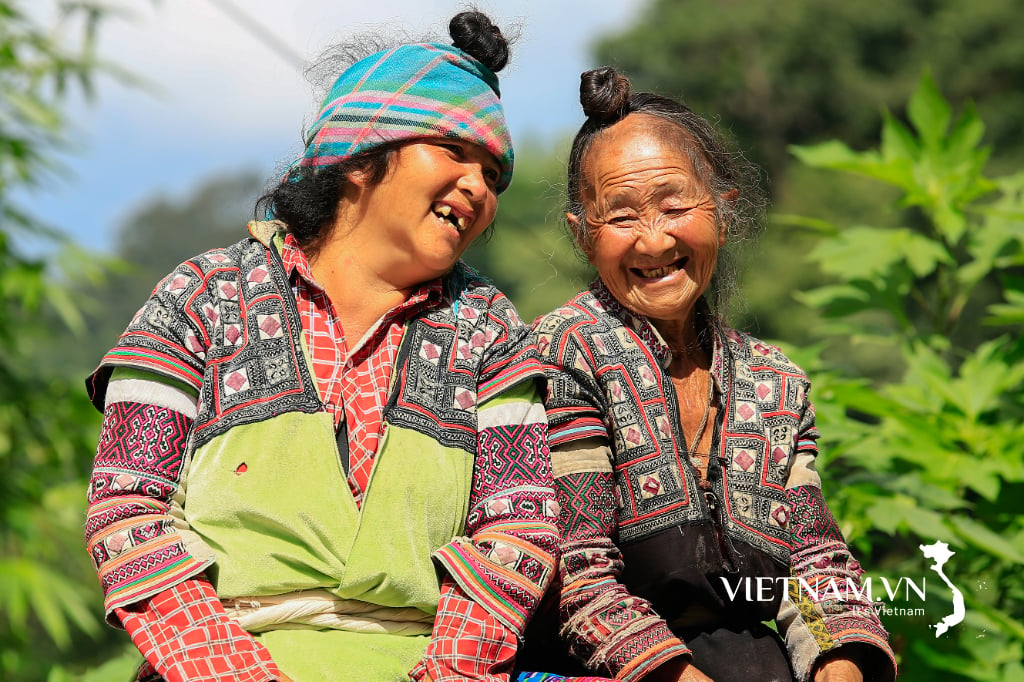

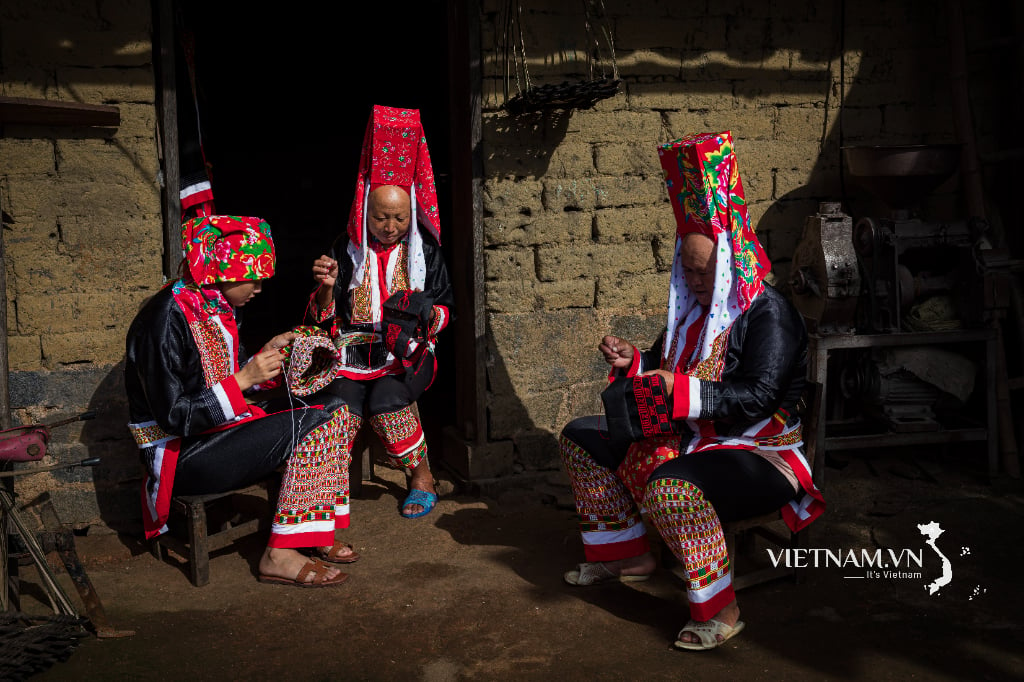

Comment (0)